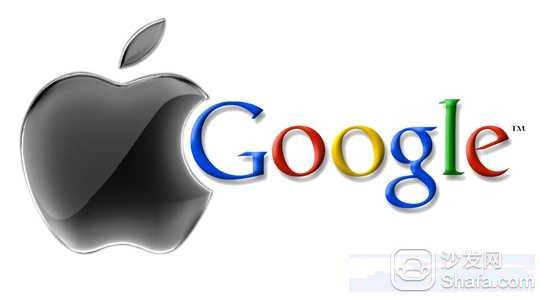
Apple Vs Google
According to foreign media reports, Apple and Google have both targeted the smart home market after years of fighting in the smartphone and tablet market. Market research firm Juniper predicts that the smart home market will grow from 33 billion U.S. dollars in 2013 to 71 billion U.S. dollars in 2018.
Earlier this year, Google acquired intelligent thermostat maker Nest for $3.2 billion, and Apple released HomeKit, a home automation platform. Although the two companies have not made great progress in the home intelligence market, their long-term plan is clear: the basis for controlling home automation equipment.
Apple HomeKit
Apple's HomeKit strategy is similar to its HealthKit strategy. Only HealthKit can integrate medical records from multiple fitness applications, wearable devices, and multiple agencies. HomeKit will become a universal hub for smart homes.
This means smart device vendors will be able to synchronize their products with their iOS devices. Apple announced 17 HomeKit partners in October, including Broadcom, Philips, Honeywell, Belkin, Withings, and Marvell Technologies. Some partners have announced HomeKit-compatible devices such as smart light bulbs, smart locks, smart fans, smart thermostats, garage doors and power outlets. Apple confirmed that users will be able to use Siri to control these smart devices. In October, Apple also added HomeKit support to Apple TV, which means AppleTV can also be used as a smart device control center.
With an iPhone market share of about 33%, HomeKit will have a good start in the United States. If Apple Watch is successful next year, it may persuade more companies to launch devices that are compatible with HomeKit.
Google Nest
Google has Android, the world's largest Internet search engine and mobile operating system, and it is closely linked by the GoogleNow voice assistant. This is why Google integrated GoogleNow in Nest, allowing users to control their smart devices via voice commands.
Google announced in June that it will support NestLearningThermostat for electronic products, cars and universal remote controls. Companies such as Jawbone, Whirlpool, LIFX, and Mercedes-Benz are participating in Google’s WorksWithNest project to develop Nest-compatible products.
Google’s smart home strategy is similar to its mobile strategy: developing smart home operating systems and then attracting as many hardware partners as possible. Google is also acquiring competitors. Following the acquisition of Nest, Google has acquired two smart home startups, WiFi camera manufacturer Dropcam, and smart home platform developer Revolv, further expanding its presence in the smart home market.
Why is Google in trouble?
In the smart home wars, Google has slight advantages over Apple, but privacy concerns may make Nest unable to get mainstream consumers. Google’s smart devices may be very convenient, but Google’s WiFi cameras and cloud devices will be seriously questioned as companies that rely on precision advertising to generate revenue. At the BlackHat conference, security researchers only cracked Nest with “10-15 seconds,†raising concerns about the safety of smart home devices.
In the past, Google repeatedly took the lead in launching mature services and was later relocated to Apple. For example, due to the blockage of Softcard partners, Google Wallet has never really become popular with consumers. However, Softcard turned green on Apple Apple.
Google also plans to use GoogleHealth to synchronize all electronic medical records to a single platform, but the platform was abandoned in 2011 due to privacy concerns and lack of interest in medical institutions. Earlier this year, Apple's HealthKit was a great success and quickly gained support from major US electronic medical record companies and insurance companies.
Google may repeat its mistakes in other areas in the smart home field. Concerns about Google’s true intentions have made many people afraid to install Nest thermostats at home. Since Apple has almost no advertising business, the purpose is just to connect the smart home device with its mobile device, and it is very likely to win the smart home war. Therefore, people in the industry believe that Apple will gain the upper hand in the upcoming smart home war.
Recommended installation sofa butler Download: http://app.shafa.com/

